Events

- This event has passed.
2024 ACPA/ASHE Presidential Symposium
October 11, 2024 @ 1:00 pm - 4:00 pm EDT
2024 ACPA/ASHE Presidential symposium
Backward and Forward: Reflection, Action, and Inspiration for Scholarship & Praxis
11 October 2024, 1:00 pm – 4:30 pm ET // virtual event
With ACPA currently celebrating its 100th Anniversary and ASHE celebrating its 50th Anniversary in 2025, these milestones provide an opportunity for our scholarship and praxis to re-discover our connections through reflection, action, and inspiration. The 2024 ACPA-ASHE Presidential Symposium will provide an opportunity for participants to engage in discussions about where we’ve been, where we are, and where we’re going as a field and as individuals as it relates to free speech, activism, anti-DEI legislation, and career sustainability. The Symposium will also offer attendees intentional reflection time through discussion questions and resources provided through an attendee workbook.
Join ACPA President, Dr. Rachel Aho, and ASHE President, Dr. Jeni Hart to engage with these critical topics. A more detailed schedule and panelist information will be available soon.
panelists
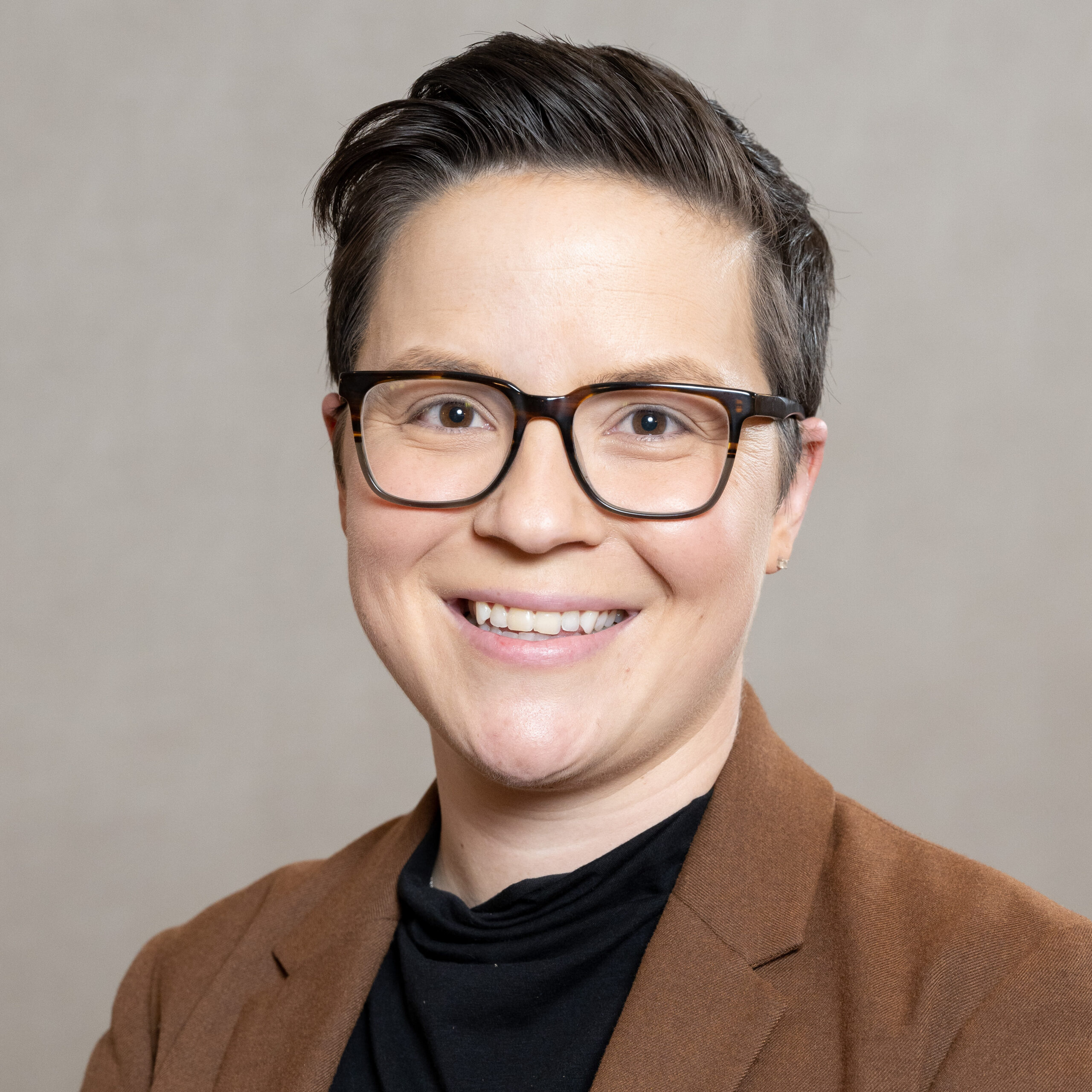
Rachel Aho, Ph.D. // ACPA President
she/her
Dr. Rachel Aho currently serves as 85th President of ACPA College Student Educators International. She also works as the Senior Director of Housing at the University of Utah. In this role, she leads efforts to advance marketing, assessment, operations, event services, information technology, strategic planning, and human resource areas. Dr. Aho also teaches in the University of Utah’s Honors College and is a frequent guest lecturer for student affairs graduate programs across the country. Her research interests include staff hiring, on-boarding, and socialization. Within ACPA, Dr. Aho has served as Chair for the Commission on Campus Safety and Emergency Preparedness, Assembly Coordinator on the ACPA Governing Board, and was named as a 2020 ACPA Diamond Honoree.
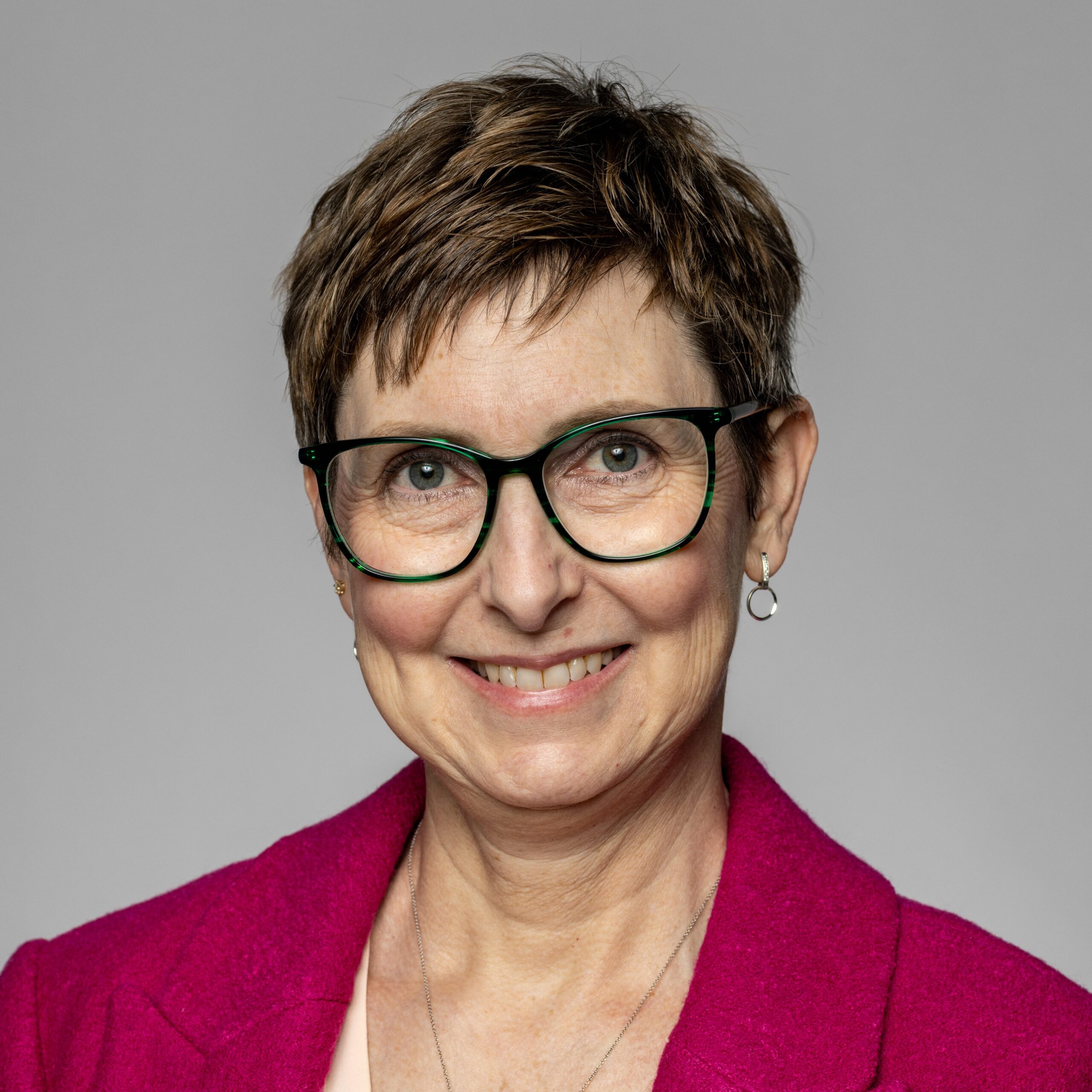
Jeni Hart, Ph.D. // ASHE President
she/her
Dr. Jeni Hart is the Dean of the Graduate School and Vice Provost for Graduate Studies at the University of Missouri. She is also Professor of Higher Education in the Department of Educational Leadership and Policy Analysis (ELPA). Dr. Hart joined ELPA as an assistant professor in 2003. She completed her PhD in Higher Education Administration at the University of Arizona. Prior to becoming a faculty member, she worked for 9 years as a student affairs educator at a number of colleges and universities, and one year as a faculty member at Southeast Missouri State University. Dr. Hart’s scholarship centers on three mutually reinforcing themes: faculty work, gender and feminisms, and campus climate. Specifically, she is interested in how organizational structures in academe mutually shape the experiences of those in higher education, particularly women and feminist faculty. Dr. Hart serves on the editorial boards of the Journal of Diversity in Higher Education and the NASPA Journal about Women in Higher Education.
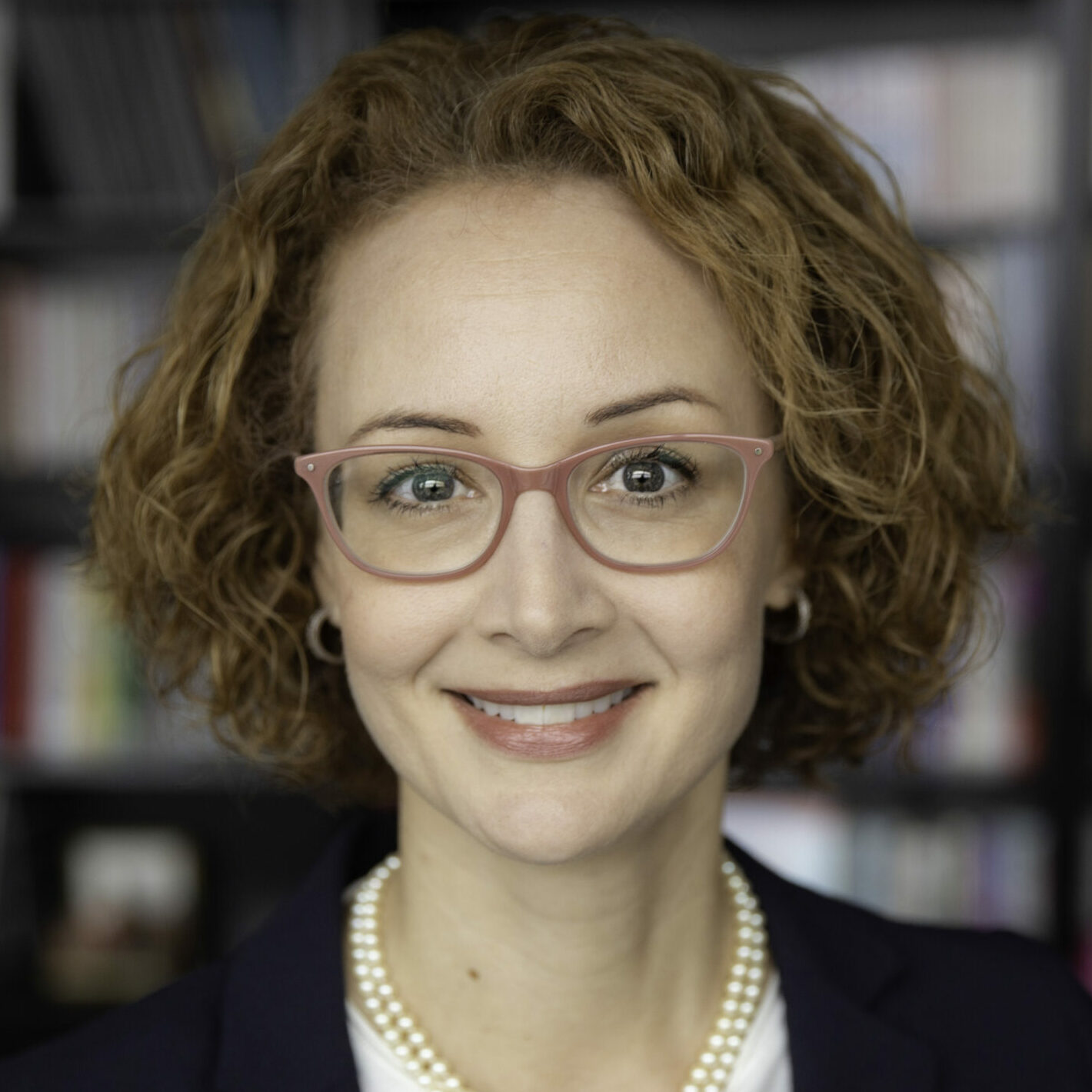
Kristine L. Bowman, Ph.D., JD
she/her
Dr. Kristine Bowman is jointly appointed as a Professor of Education Policy and Law at Michigan State University, where she also serves as Associate Dean for Academic and Student Affairs in the College of Education and leads the Provost’s Committee on Academic Freedom and Free Speech. Bowman is a prominent education law and policy scholar known for work about free speech and racial equality. She is also an innovative, collaborative leader with nearly a decade of experience spearheading strategic initiatives. Her PhD is from the University of Queensland in Australia, and her JD and MA are from Duke University.
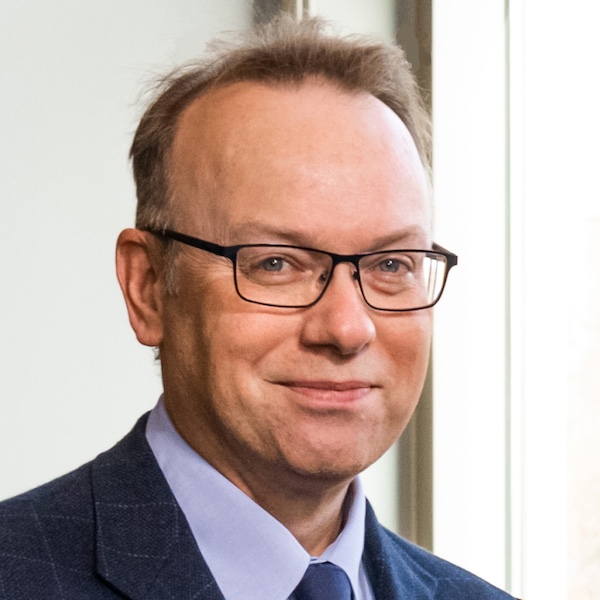
Timothy R. Cain, Ph.D.
he/him
Dr. Tim Cain is a professor in the University of Georgia’s Louise McBee Institute of Higher Education, where he teaches and writes about faculty, students, and the history of higher education. He has published on issues such as academic freedom, campus unionization, and student activism. He currently serves as a fellow at the American Association of University Professor’s Center for the Defense of Academic Freedom; an associate editor for the Review of Higher Education; and an editorial board member for the Journal of Higher Education, the Journal of Higher Education Outreach and Engagement, and Perspectives on the History of Higher Education.
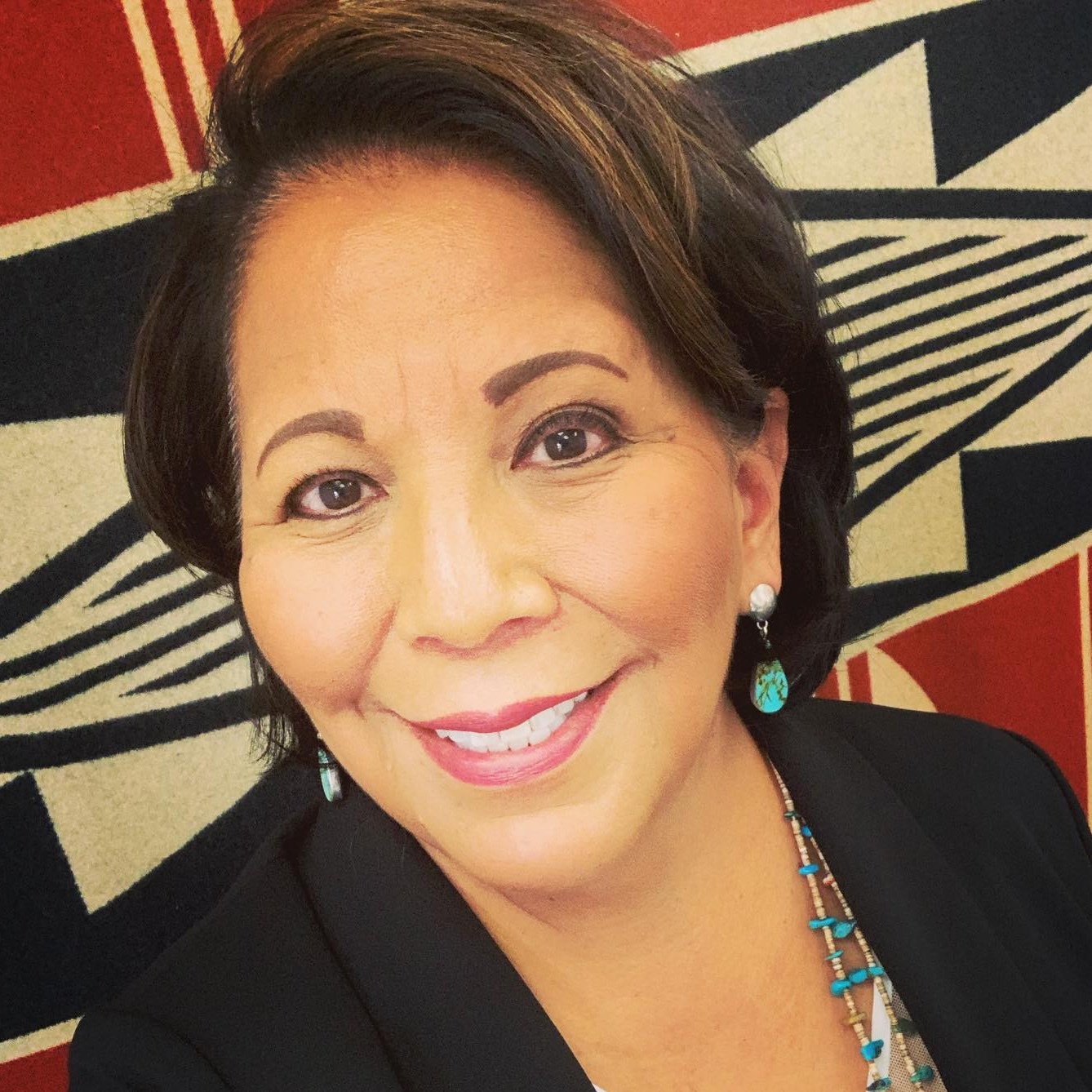
Karen Francis-Begay Ph.D.
she/her
Dr. Karen Francis-Begay is Diné from Chinle, Arizona located on the Navajo Nation. She has a
Doctor of Philosophy in Higher Education and a Master of Arts in American Indian Studies, both
from the University of Arizona (UA). Dr. Francis-Begay held several executive leadership roles in
the latter part of her 30 years at the UA, the most recent being the Assistant Vice Provost for
Native American Initiatives. She is now a higher education consultant and focuses her work on
assisting institutions and tribes with advancing educational and leadership opportunities for
Indigenous students and communities. She also is the Chair of the Governing Council for the
National Institute for Native Leadership in Higher Education (NINLHE), which has a valued
partnership with ACPA, and provides culturally relevant and evidence based professional
development to Native and non-Native administrators, faculty, and professional staff who work
with Native student populations.
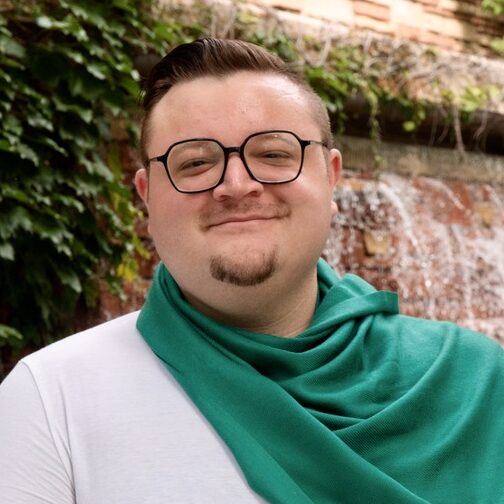
Alex C. Lange, Ph.D.
they/them
Dr. Alex C. Lange works and dreams about a better world where people get what they need to thrive! They are an assistant professor and associate director in the School of Education at Colorado State University-Fort Collins, where they also coordinate the higher education programs. Their work and scholarship aim to help higher education professionals and researchers live up to their institutions’ missions of learning, inclusiveness, and transformation for all members of campus communities. hey have researched and written about college student activism, the experiences of transgender students, and how student leaders think about diversity training.
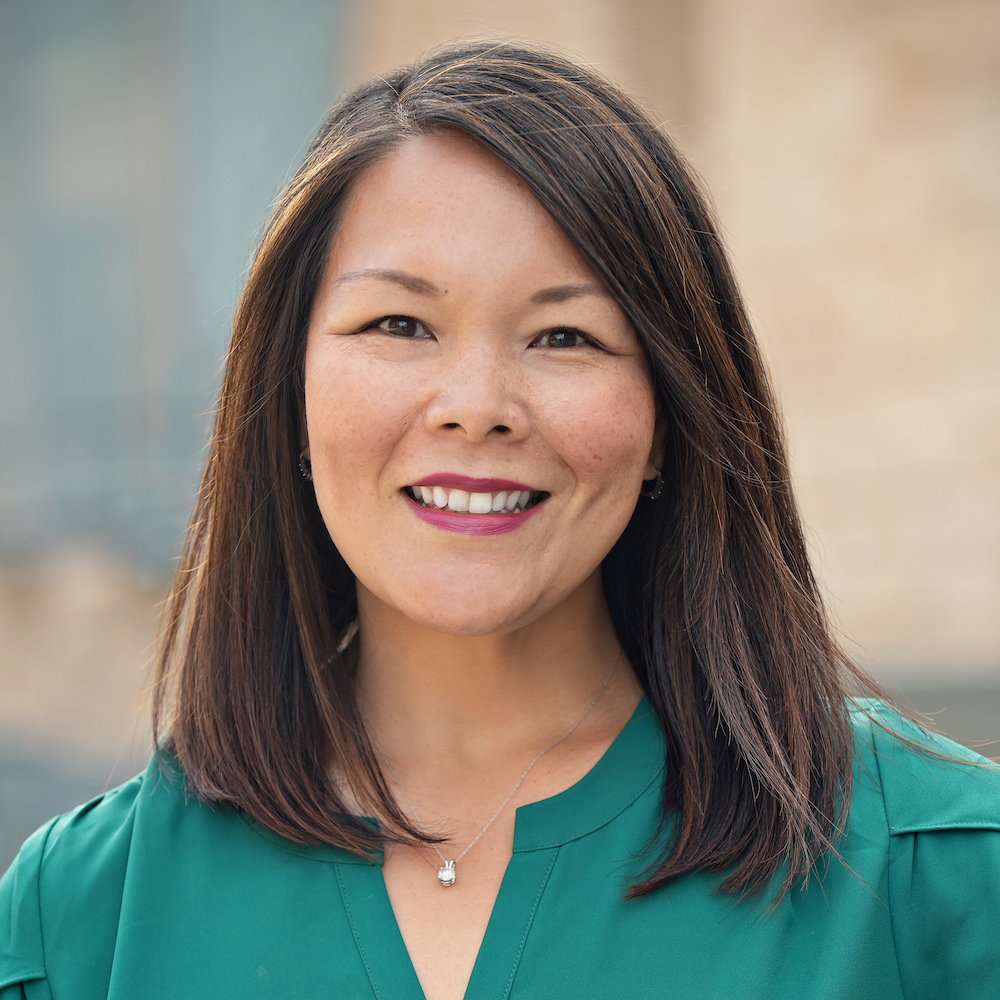
Rosemary J. Perez, Ph.D.
she/her
Dr. Rosemary (Rosie) Perez is an Associate Professor in the Center for the Study of Higher and Postsecondary Education at the University of Michigan. Her scholarship focuses on undergraduate and graduate student learning, development, and success and is designed to create more equitable and humanizing campus environments through improving policy and practice. Dr. Perez’s teaching, research, and service reflect her experiences as a student affairs practitioner and her commitment to social justice and inclusion. Active in both associations, she is currently serving as a Member-at-Large on the ACPA Leadership Council and Program Committee Co-Chair for the 2024 ASHE Conference.
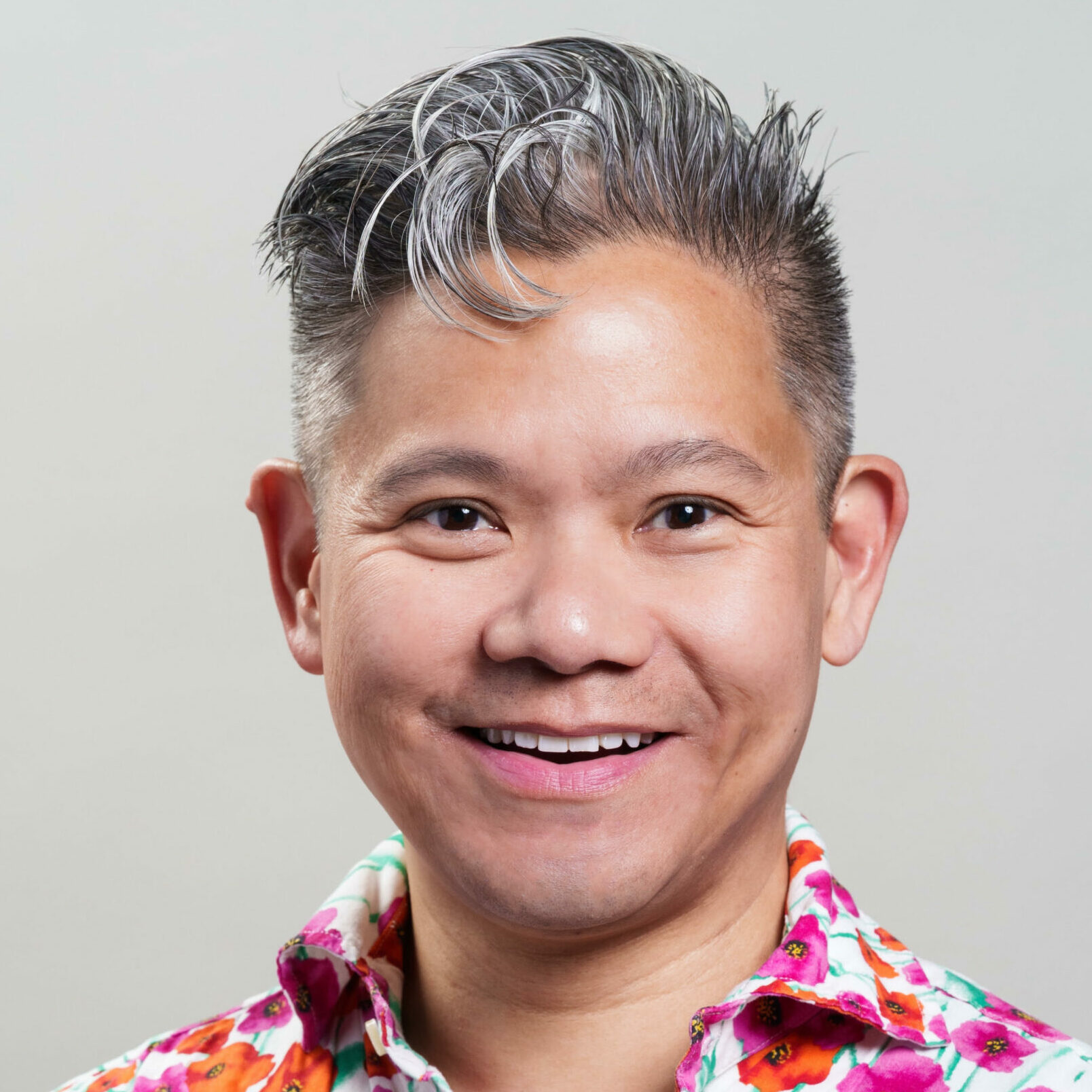
Ray Quirolgico, Ed.D.
he/him
Dr. Ray Quirolgico is the Vice President for Student Life at the Rhode Island School of Design (RISD) and his lifelong higher education career includes administrative roles at eight other U.S. colleges and universities with experience in residence life; diversity, equity, and inclusion; community service and civic engagement; orientation; student conduct; and campus health; as well as adjunct faculty appointments at four universities. He has presented his work at over 50 national and international conferences. Ray has held several leadership positions in professional associations and in 2014 was an ACPA Foundation Diamond Honoree.

TJ Stewart, Ph.D.
he/him
Dr. Terah J. Stewart is an associate professor of higher education/student affairs at Iowa State University. His research centers populations and ideas that are hypermarginalized and those with stigmatized identities, including college student sex workers fatphobia/sizeism, identity-based student activism and antiblackness in communities of color. Dr. Stewart’s scholarship has often been called groundbreaking work and he was named Emerging Scholar by ACPA in 2023 and by Diverse Issues in 2024. Dr. Stewart received the Outstanding Book award for his text Sex Work on Campus by ASHE in 2023 and he co-authored Identity-Based Student Activism: Power and Oppression on College Campuses.
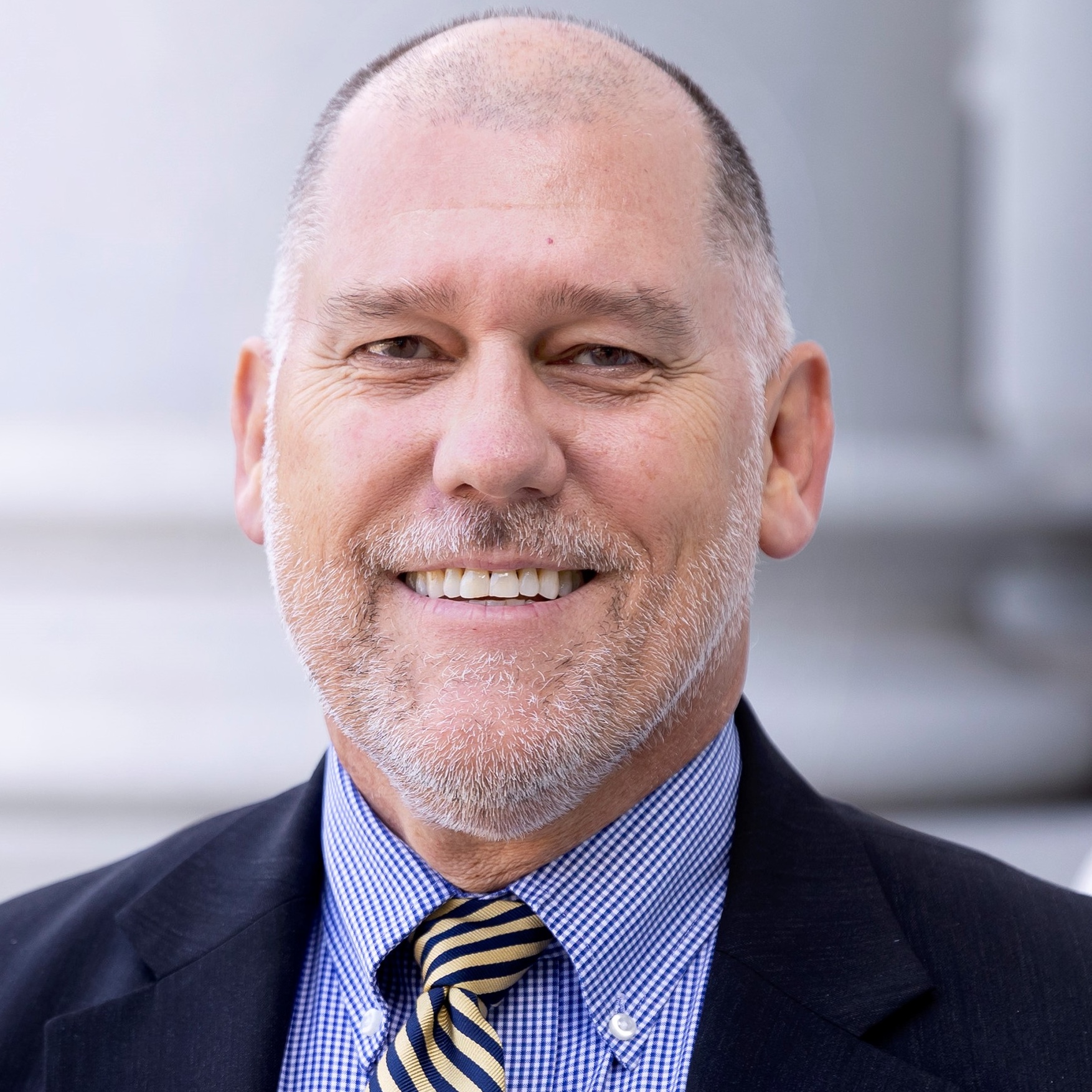
Stephen C. Sutton, Ed.D.
he/him
Dr. Stephen C. Sutton has served as the Vice Chancellor for Student Affairs at UC Berkeley since 2017. Dr. Sutton has spent his career advocating for students and operationalizing policies, services, and programs to support their growth and success. He has held several different administrative positions at UC Berkeley, and during Dr. Sutton’s time as vice chancellor, Student Affairs has prioritized diversity, equity, inclusion, belonging, and justice (DEIBJ) efforts, including the creation of a new Senior Advisor for DEIBJ and an Advisory Board. His vision for “making a big campus feel smaller” emerges from his own first generation student experience.

Jordan Shelby West, Ph.D.
she/her
Dr. Jordan Shelby West is the Associate Vice Provost for Diversity, Equity and Community Engagement at George Washington University. Dr. West also teaches courses on Black Feminist Theory. She is a consultant and serves on boards for education associations. Dr. West has been invited by the White House to speak at multiple events hosted by the White House Initiative on Advancing Educational Equity, Excellence, and Economic Opportunity for Black Americans. Dr. West’s research interests include: campus climate, storytelling as a method, and how individuals from historically marginalized identities work towards liberation through the lens of Black Feminist Theory and CRT.
![Hyun White[Headshot] Jordan Shelby West headshot](https://myacpa.org/wp-content/uploads/2024/07/Hyun-WhiteHeadshot-scaled-e1724934505444.jpg)
Hannah Hyun White, Ph.D.
she/her
Dr. Hannah Hyun White is a Korean American transracial/transnational adoptee from Phoenix, Arizona. She earned her Ph.D. from the University of California, San Deigo and is currently a REEDS Postdoctoral Fellow at the University of Arizona. Her research focuses on amplifying the voices of transracial/transnational adoptee communities and understanding how neoliberal systems shape the experiences of Asian American college student activists. Her scholarship and praxis are largely influenced by Asian American feminist theories, Critical Adoption Studies, and decolonial frameworks/methodology in co-creating knowledge that centers truth telling, collectivism, and care in working to dismantle systemic racism and violence in educational spaces.
Origins of the Presidential Symposium
The first ACPA-ASHE Presidential Symposium was held in 2018 under the leadership of Dr. Stephen John Quaye, Dr. Lori Patton Davis, and Dr. Shaun R. Harper. The symposium was held both virtually and in-person at the University of Southern California campus and was titled, ‘Presidential Symposium on Racism, Recovery, and Racial Justice in Higher Education.’ We are grateful for their ideas, labor, and leadership in establishing this event.
Registration Rates
$250
Graduate Programs, Student Affairs Divisions, Other Campus Divisions, and Organizations are encouraged to gather students and/or colleagues to participate in the live stream. A special group rate of $250 is available at registration for up to 20 attendees. If you wish to have more people attend as part of your program or division, select the “Group Registration Additional Attendee” at an additional fee of $10 per registrant. We will contact the registered group representative by email in early October with more information for finalizing their group registration.
A personalized link will be sent to the purchaser on the day of the event and can be used for streaming as an individual or within a larger group. The live stream experience includes curricular materials, discussion questions, readings, and other resources for each virtual attendee. The purchaser will also receive information in early October that will allow for their group to request individual links for private or smaller group participation.
$50
$25
Registrations can be paid by check, VISA, MasterCard, Discover, or American Express. All fees must be prepaid. Purchase orders are not accepted. Refunds will be given for cancellations, received in writing at ACPA by 12 September 2024. Registrations can also be withdrawn by registrants using the event registration system through 12 September 2024. After 12 September 2024, there are no refunds. ACPA & ASHE reserve the right to charge a service fee of US$50 for returned checks. Registrations are non-transferable. The symposium may be canceled or postponed due to insufficient enrollment or other unforeseen circumstances. In this case, the fees will be fully refunded; however, ACPA will not be responsible for other additional costs, charges or expenses, including cancellation/change charges assessed by airlines and/or travel agencies.
In order to qualify for member rates for the ACPA/ASHE Presidential Symposium, membership with ACPA or ASHE must be valid through 11 October 2024. You must have your own individual membership. ACPA or ASHE Members who purchase a Presidential Symposium Registration understand their membership needs to be active through 11 October 2024. If it is not active prior to the start of the Presidential Symposium you will not be provided with your Presidential Symposium access link unless you renew your membership or pay the difference between the non-member and member registration cost.
